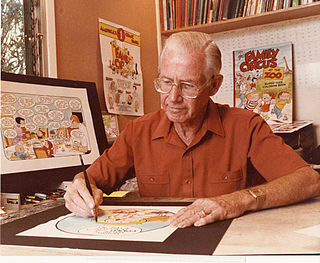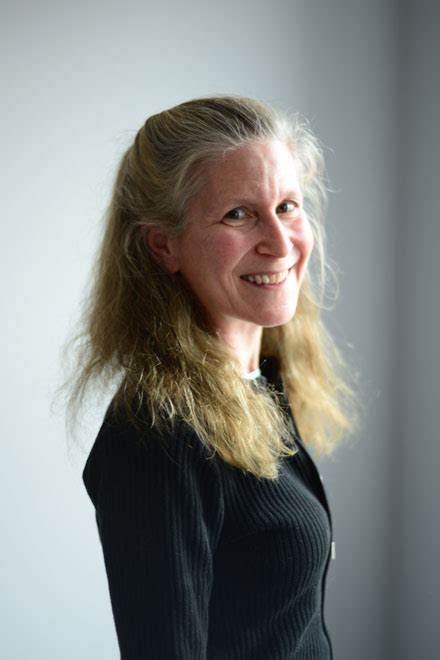A Quote by Marco Rubio
Thousands of years of human history have shown that the ideal setting for children to grow up is with a mother and a father committed to one another, living together, and sharing the responsibility of raising their children.
Related Quotes
Love can produce the children, but it has nothing to do with the raising of the children. I grew up thinking, 'Oh, that's it. All I have to do is fall in love.' You may think love will change everything, but it really is different with children. Children don't necessarily bring you together; they challenge you.
The selection process has been powerful enough to produce one indisputable outcome: the family is a universal human institution. . . . In virtually every society into which historians or anthropologists have inquired, one finds people living together on the basis of kinship ties and having responsibility for raising children. . . . Even in societies where men and women have relatively unrestricted sexual access to one another beginning at an early age, marriage is still the basis for family formation. It is desired by the partners and expected by society.
When I was a child at sixteen, I was just a child. All sixteen year-olds are just children. As much as we like them to be adults, they are just children. And like all children, they need their mother, and they need their father. All children need their mother and their father. All children are entitled to their mother and their father.
It is with great regret that my marriage to Grant is ending after more than six years. He is a special man and we have two amazing children together Ruby, 5, and son Rocco, 3. This was a mutual decision that was not taken lightly and we are committed to our children and will work together to ensure their happy and healthy upbringing.
Children are a burden to a mother, but not the way a heavy box is to a mule. Our children weight hard on my heart, and thinking about them growing up honest and healthy, or just living to grow up at all, makes a load in my chest that is bigger than the safe at the bank,and more valuable to me than all the gold inside it.
Wanted or unwanted, I believe that human life, even at its earliest stages, has certain rights which must be recognized – the right to be born, the right to love, the right to grow old... When history looks back to this era it should recognize this generation as one which cared about human beings enough to halt the practice of war, to provide a decent living for every family, and to fulfill its responsibility to its children from the very moment of conception.
I didn't major in anthropology in college, but I do feel I had an education in different cultures very early on. My parents divorced when I was eleven, and my father immediately married a woman with three children and was with her for five years. When they got divorced, he immediately married a woman with four children. In the meantime, my mother married a man who had seven children. So I was going from one family to another between the ages of eleven and eighteen.


































